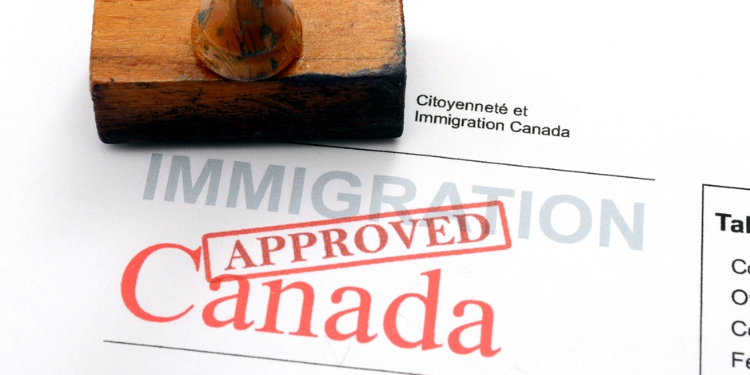
It was meant to come to an end this year, but the Atlantic Immigration Pilot Program has been extended to 2021. The Canadian authorities are hoping this will attract 5 000 more expats to work in the provinces of Nova Scotia, New Brunswick, Prince Edward Island and Newfoundland and Labrador.
The news was announced on Monday the 4th of march by the Canadian minister for Immigration, Refugees and Citizenship. The Atlantic Immigration Pilot Program will run for another two years and a few changes have been made to the program. The Canadian authorities are hoping this will attract another 5 000 expats in Canada's Atlantic provinces, that is, Nova Scotia, New Brunswick, Newfoundland and Labrador and Prince Edward Island.
“We are trying to address labor market shortages and skills shortages through immigration”, explained Immigration minister, Ahmed Hussen. Indeed, the program has already helped in bringing 2 535 new skilled workers to the Atlantic provinces of Canada. This is also good news for expats wanting to move to Canada or graduates wanting to apply for permanent residence as this gives them another two years to find a job in the provinces mentioned.
This extension, however, comes with changes to the program. For example, international graduates will now have a whole 24 months post-graduation to apply for permanent residency under the AIP. Under the previous version of the program, international graduates only had 16 months to apply. This change will make more graduates eligible and will give them more time to find a job which is instrumental in applying for the Atlantic Immigration Pilot Program.
Furthermore, under the program will now allow for the hiring of internationally trained nurses for home care support. Also, as from the 1st of May 2019, candidates will need to have met the language, education and work experience requirements before the approval of the work permit.
On an administrative level, new authorities will be set up in each of the different provinces in order to be able to keep a closer look on employers' needs and manage designated employers better. A designated employer is an employer enrolled with the relevant authorities and able to hire through this program.
To apply for this program, one needs to have a job offer from a designated employer, skilled work experience in the relevant field except if you're an international graduate, the relevant education, pass language tests or prove proficiency in English or French and a provincial endorsement.



















